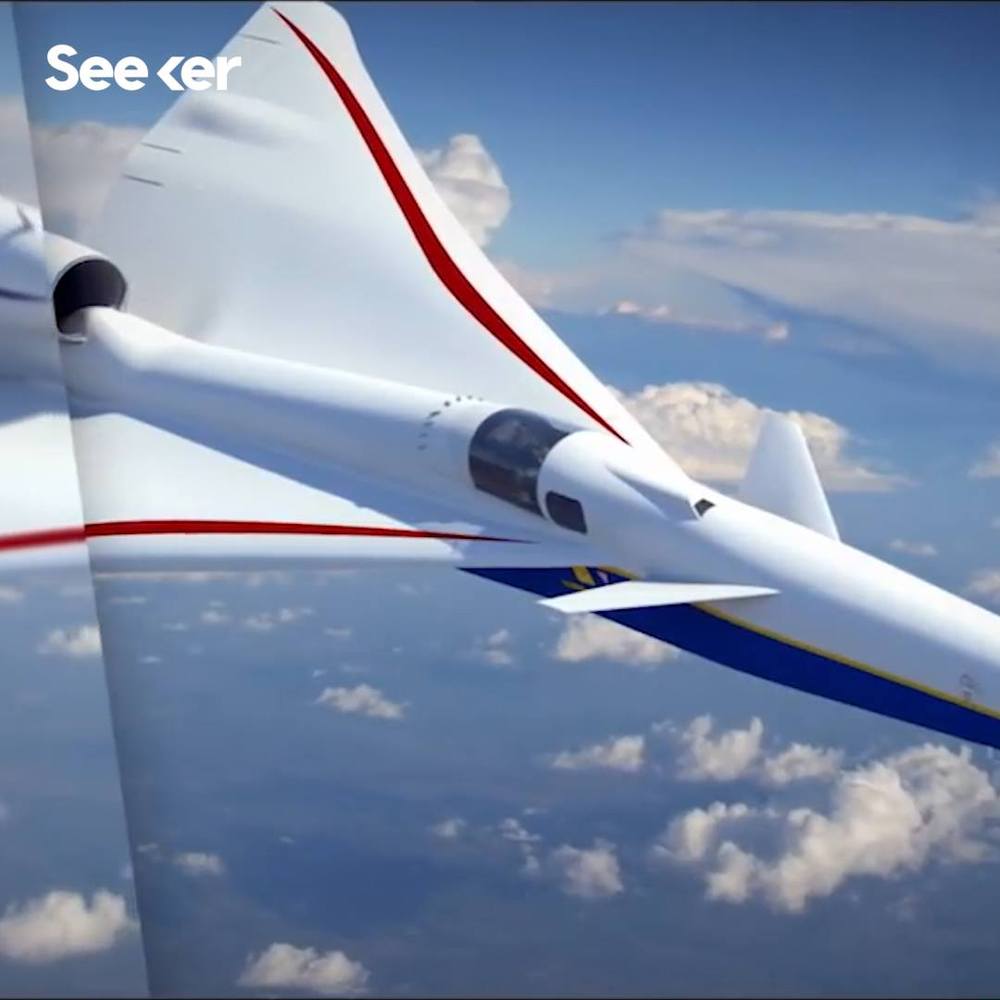There are, of course, minor variants, but it turns out that moral actions and principles are amazingly consistent across cultures. Anthropologists studied 60 different cultures and found seven rules that are common across cultures.
This is the future of brushing teeth
Posted in futurism
In a 2018 Science paper, co-authored with Jacob Bellmund, Christian Doeller, and Edvard Moser—neuroscientists from the Max Planck Institute in Leipzig and the Kavli Institute in Trondheim—Gärdenfors, of the University of Lund, buttressed his idea with recent advances in brain science. He argued that the brain represents concepts in the same way that it represents space and your location, by using the same neural circuitry for the brain’s “inner GPS.”
“Cognitive spaces are a way of thinking about how our brain might organize our knowledge of the world,” Bellmund said. It’s an approach that concerns not only geographical data, but also relationships between objects and experience. “We were intrigued by evidence from many different groups that suggested that the principles of spatial coding in the hippocampus seem to be relevant beyond the realms of just spatial navigation,” Bellmund said. The hippocampus’ place and grid cells, in other words, map not only physical space but conceptual space. It appears that our representation of objects and concepts is very tightly linked with our representation of space.
Gärdenfors’ theory highlights a fruitful path, not only for cognitive scientists, but for neurologists and machine-learning researchers.
The Pentagon is funding brain-implant research aimed at creating neurally “enhanced” soldiers.
- By John Horgan on February 9, 2019
- 3
WASHINGTON — A new U.S. intelligence report warns that both China and Russia are investing in weapons that could attack U.S. satellites and assets in space, and that both nations are now preparing to use space as a battlefield.
Last month, the Defense Intelligence Agency released a report about China’s military capabilities, warning that the Asian country was making advances in counterspace technology that could threaten U.S. satellites responsible for communications, reconnaissance, GPS and early warnings of missile launches.
But a new DIA report, “Challenges to Security in Space,” warns that both China and Russia are making advances in space technology, and that both are likely to turn to space early on in any major military conflict to cripple their adversaries.








